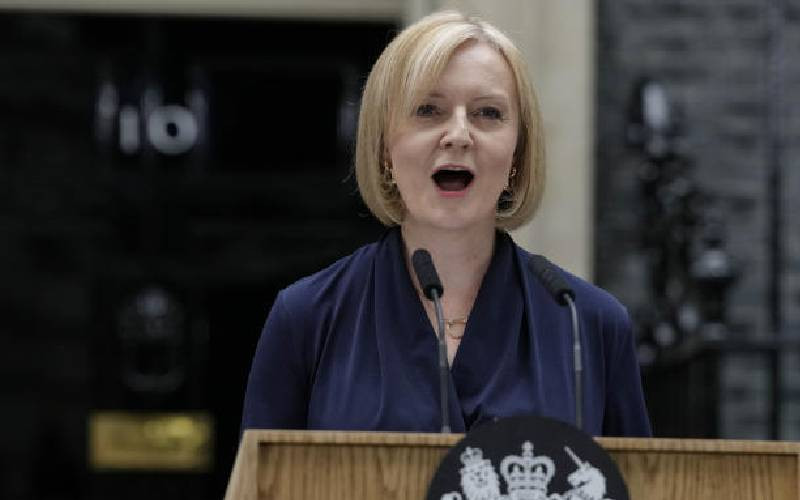×
The Standard e-Paper
Home To Bold Columnists

And just like that, the Prime Minister of the sixth richest economy in the world fell to her knees and resigned.
What lessons can we draw from the public anger that swept Liz Truss away in a record 44 days in office?